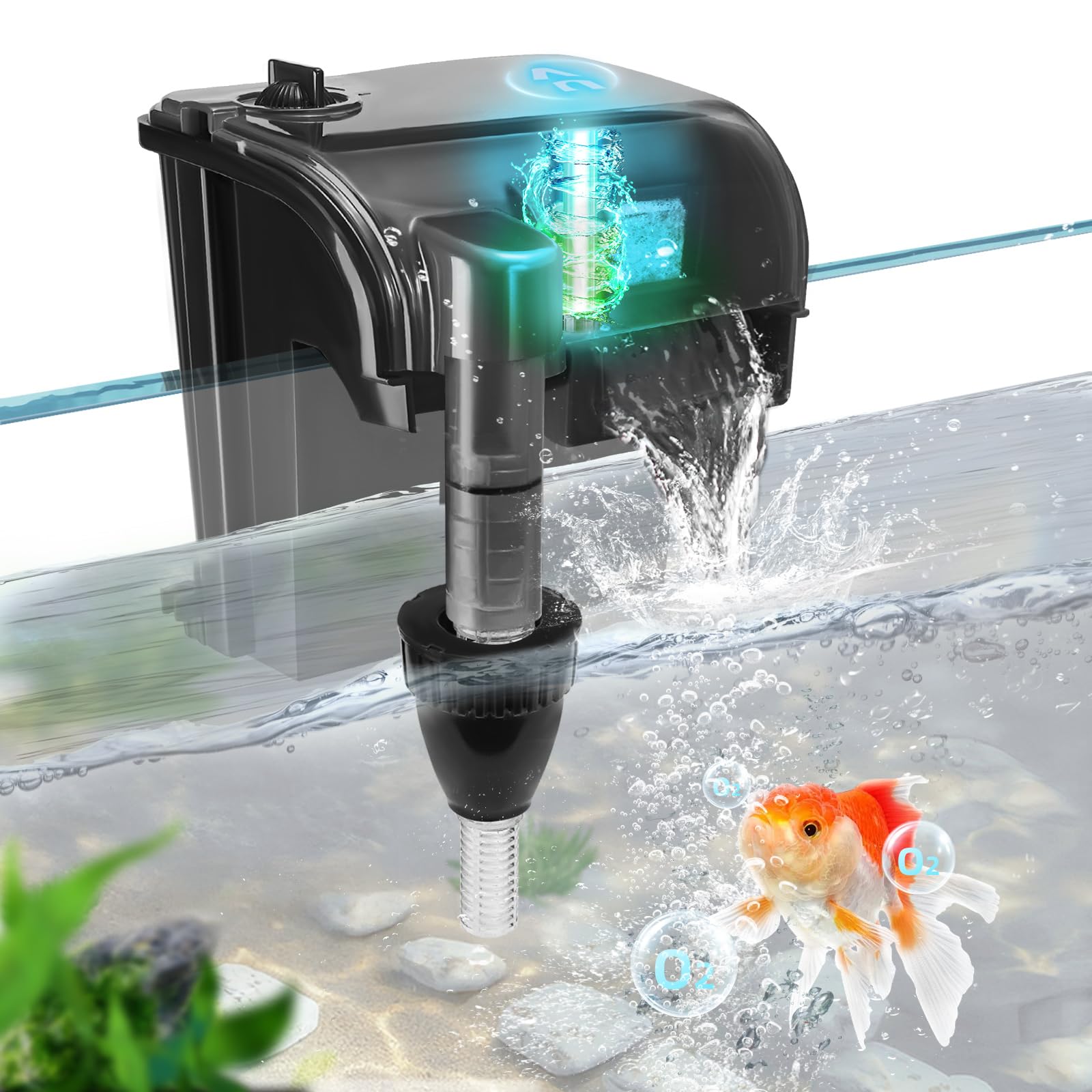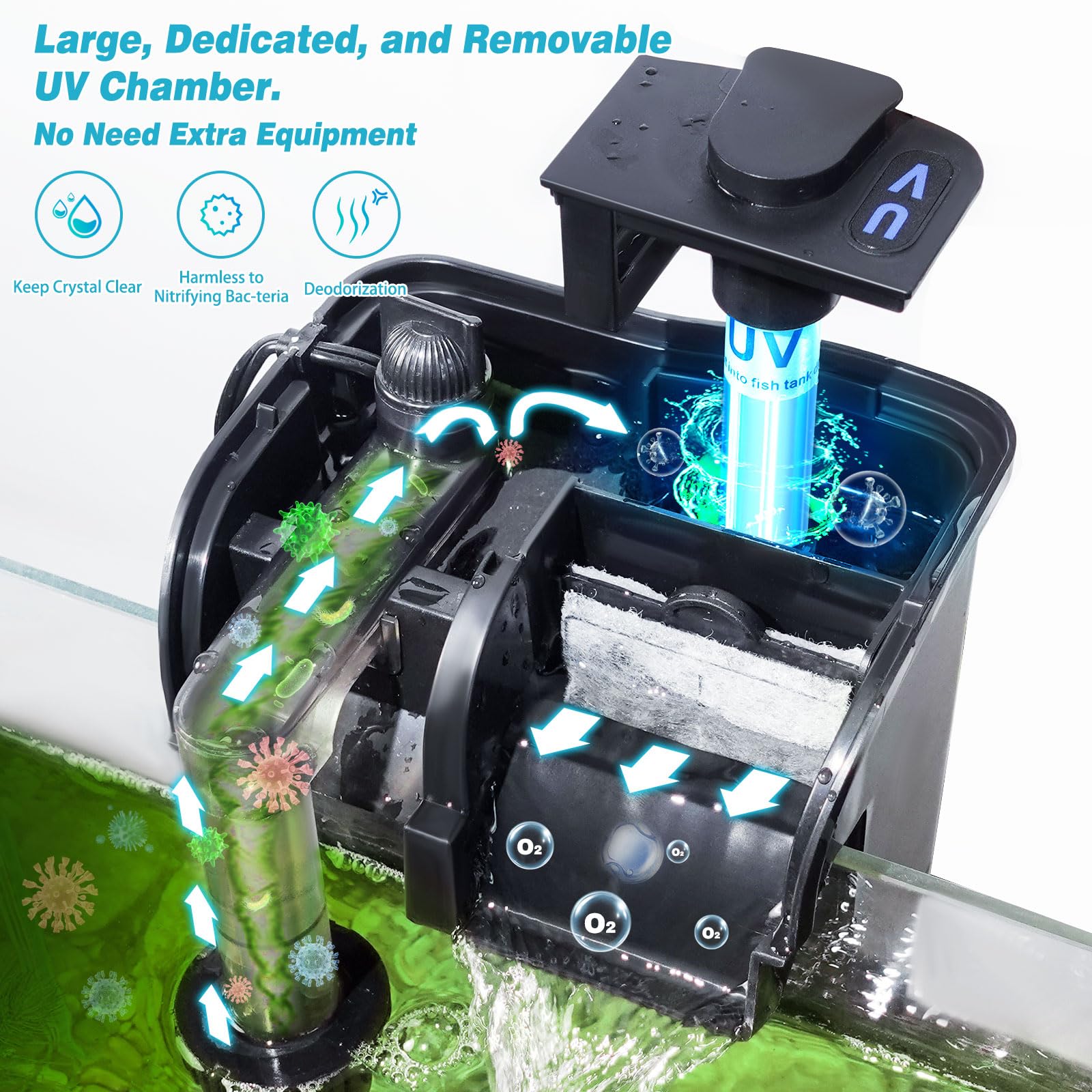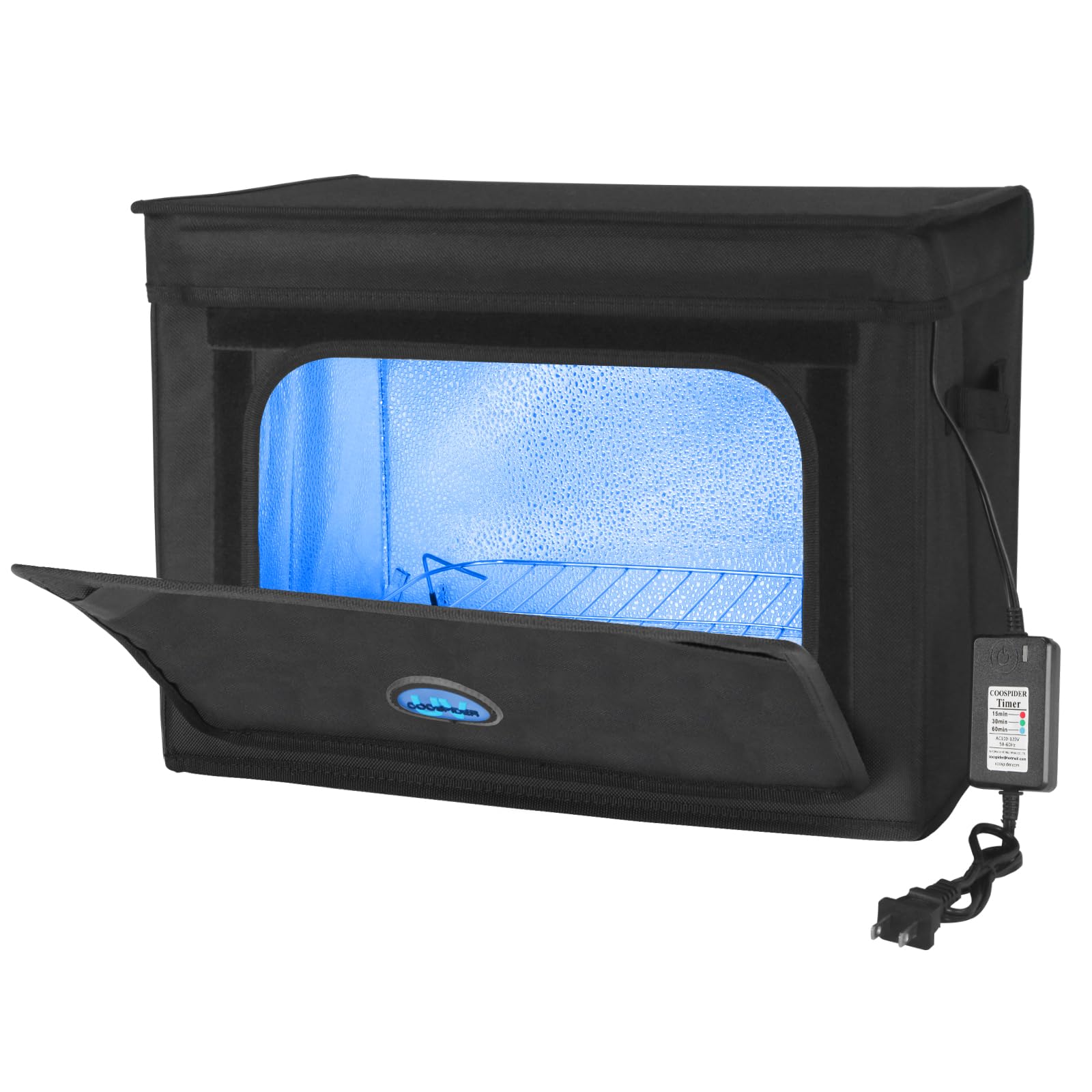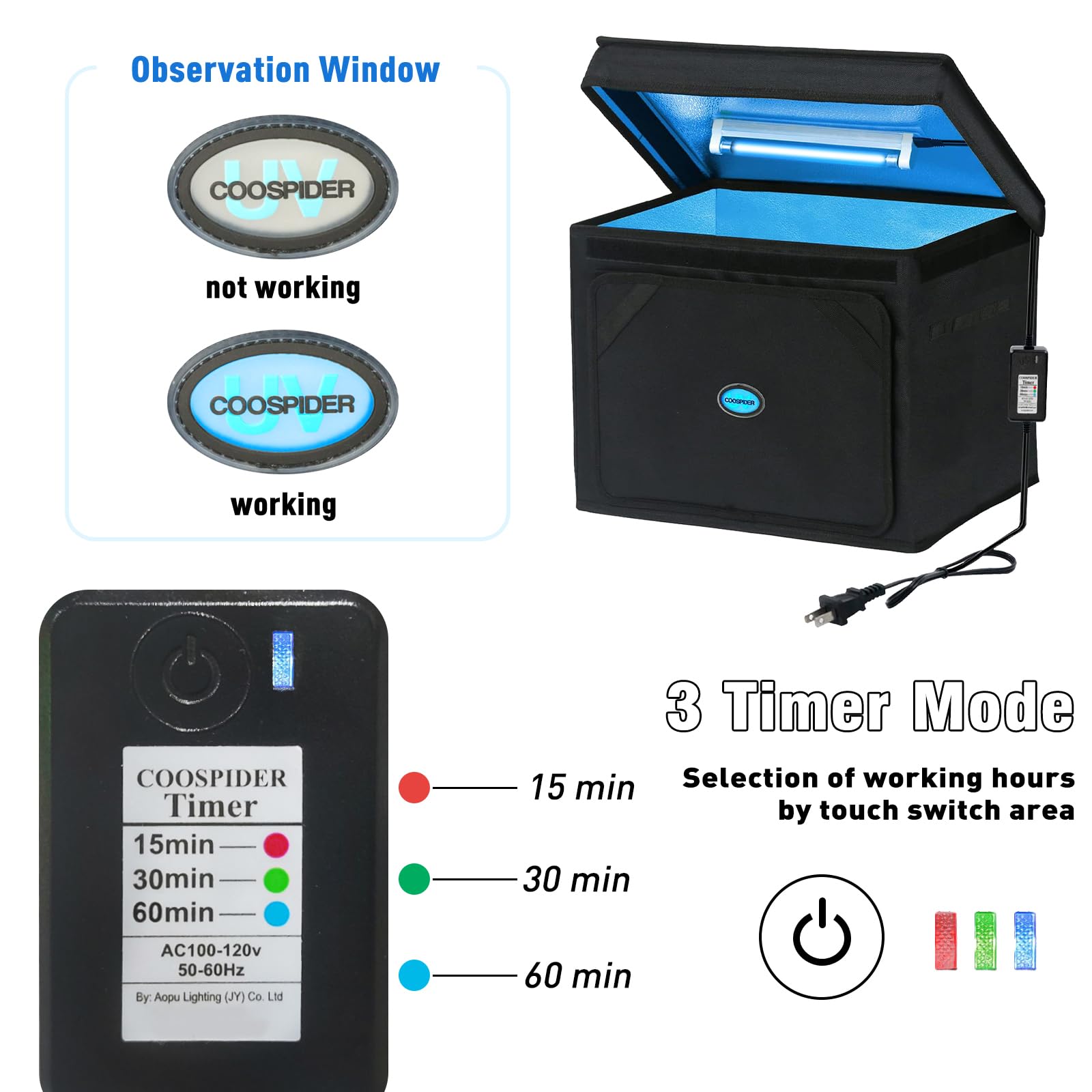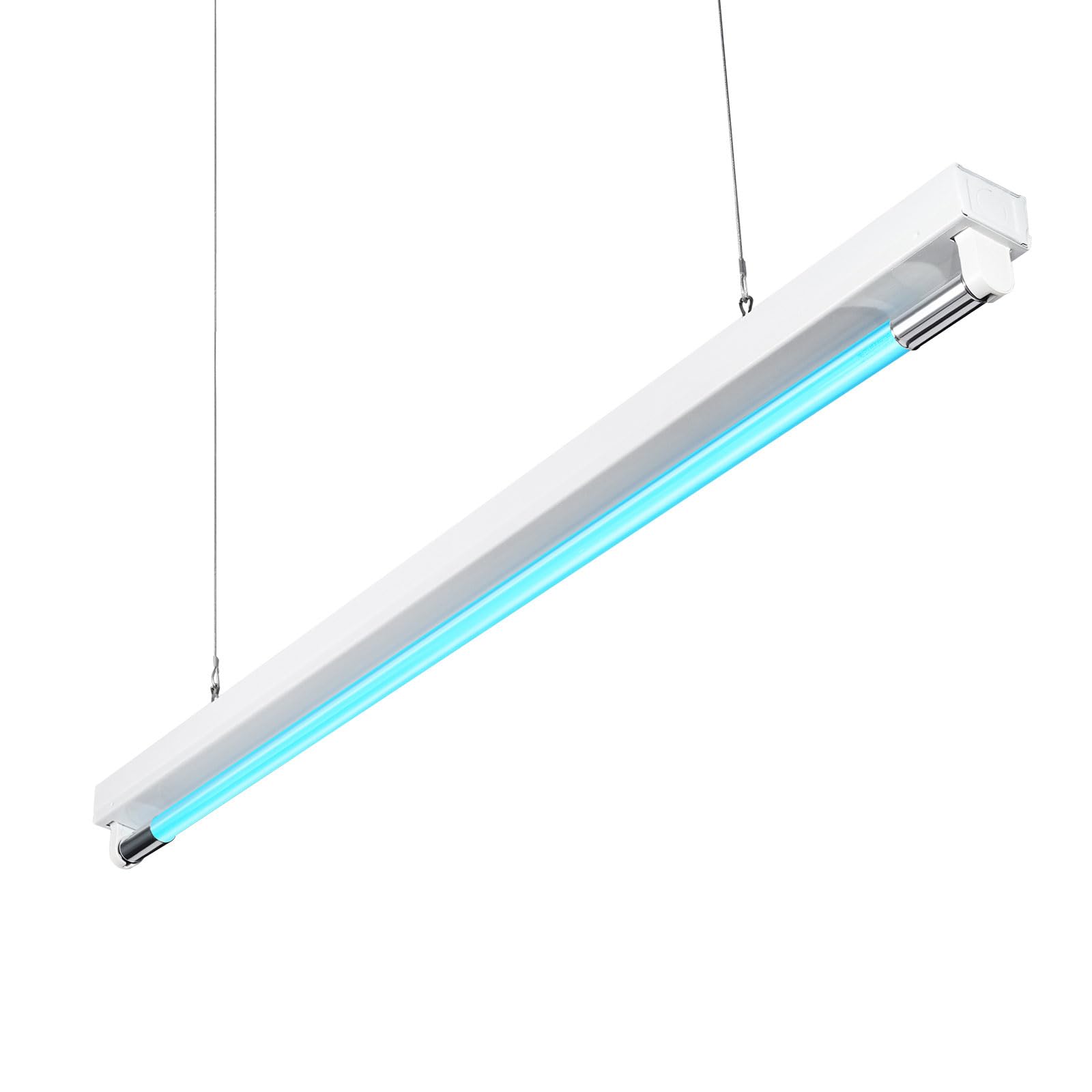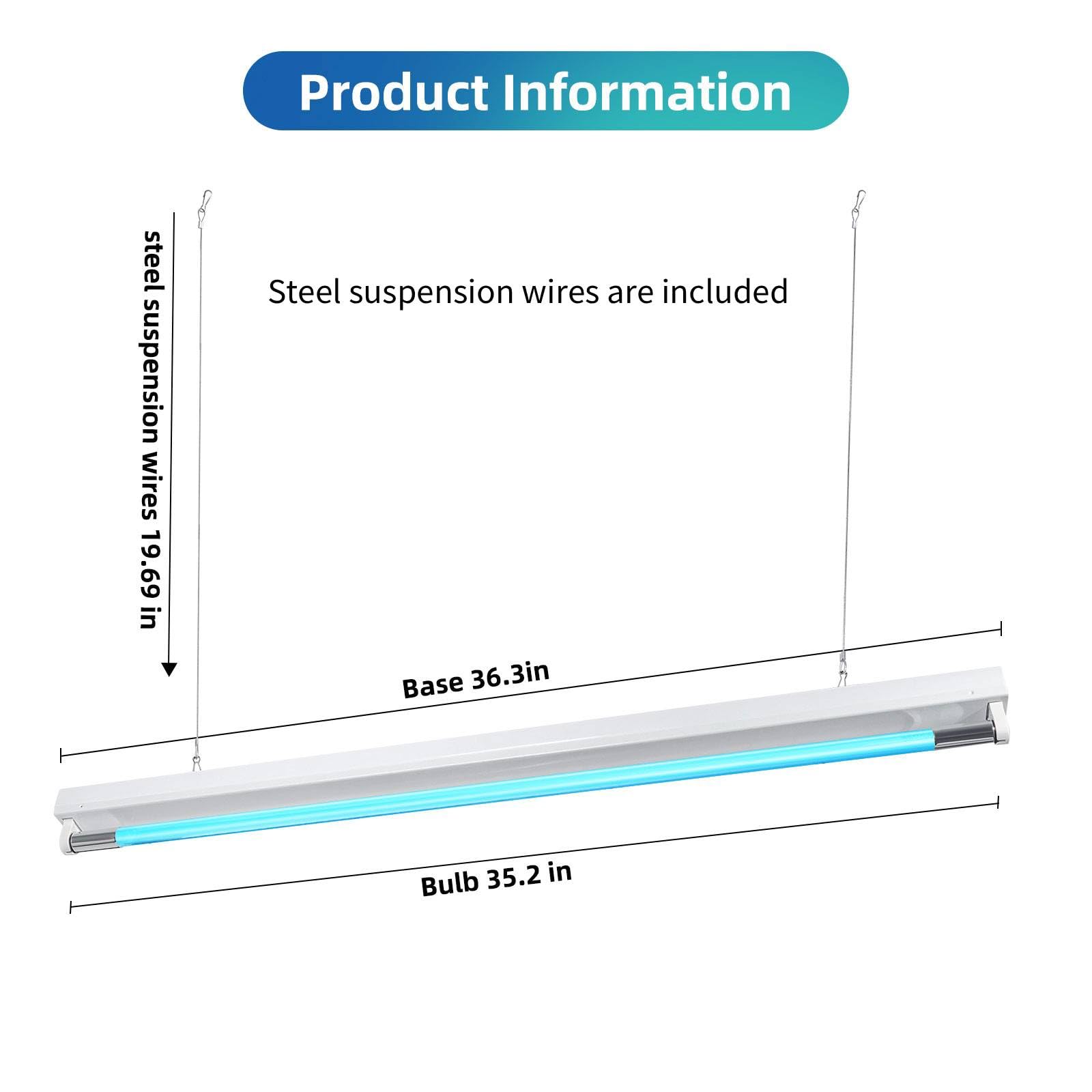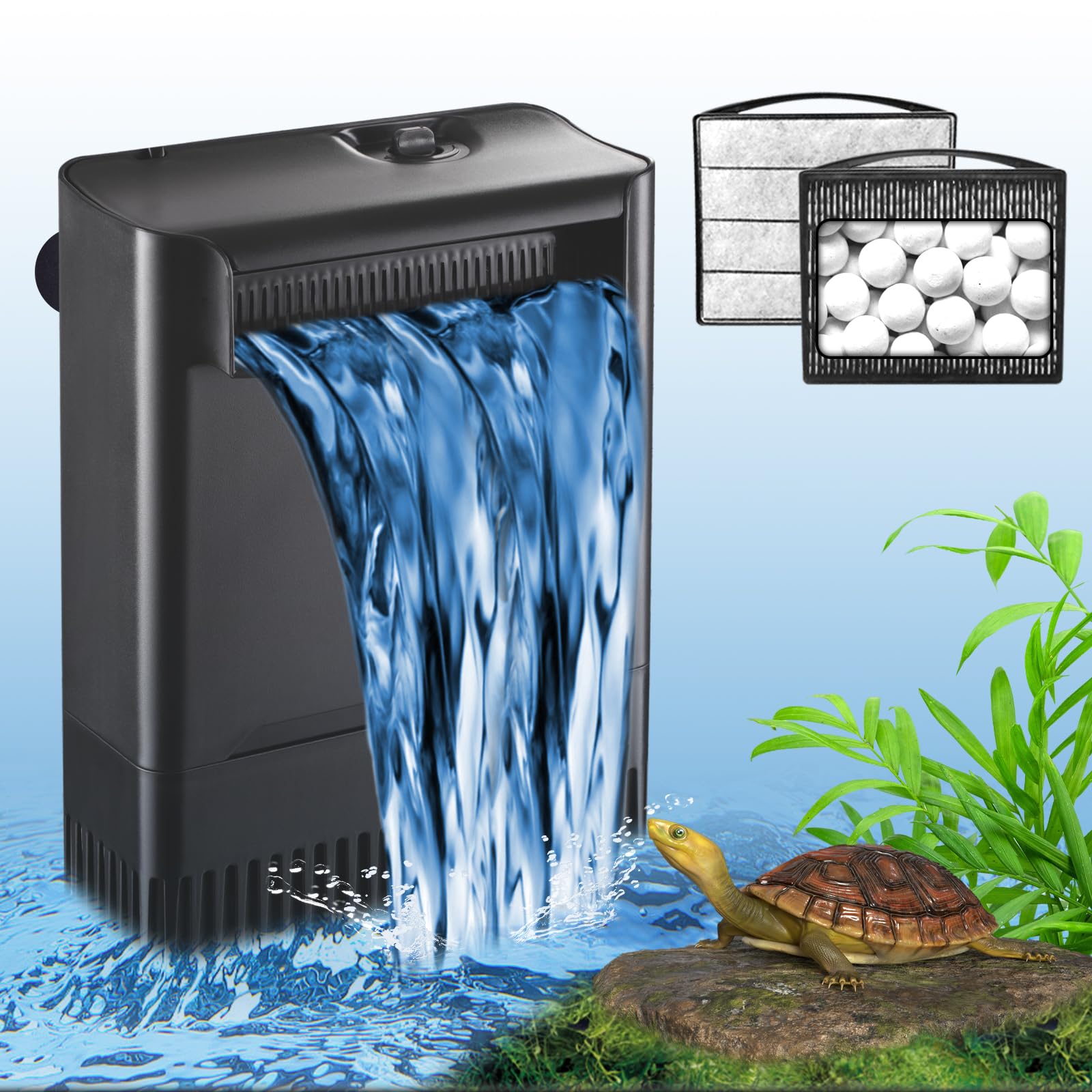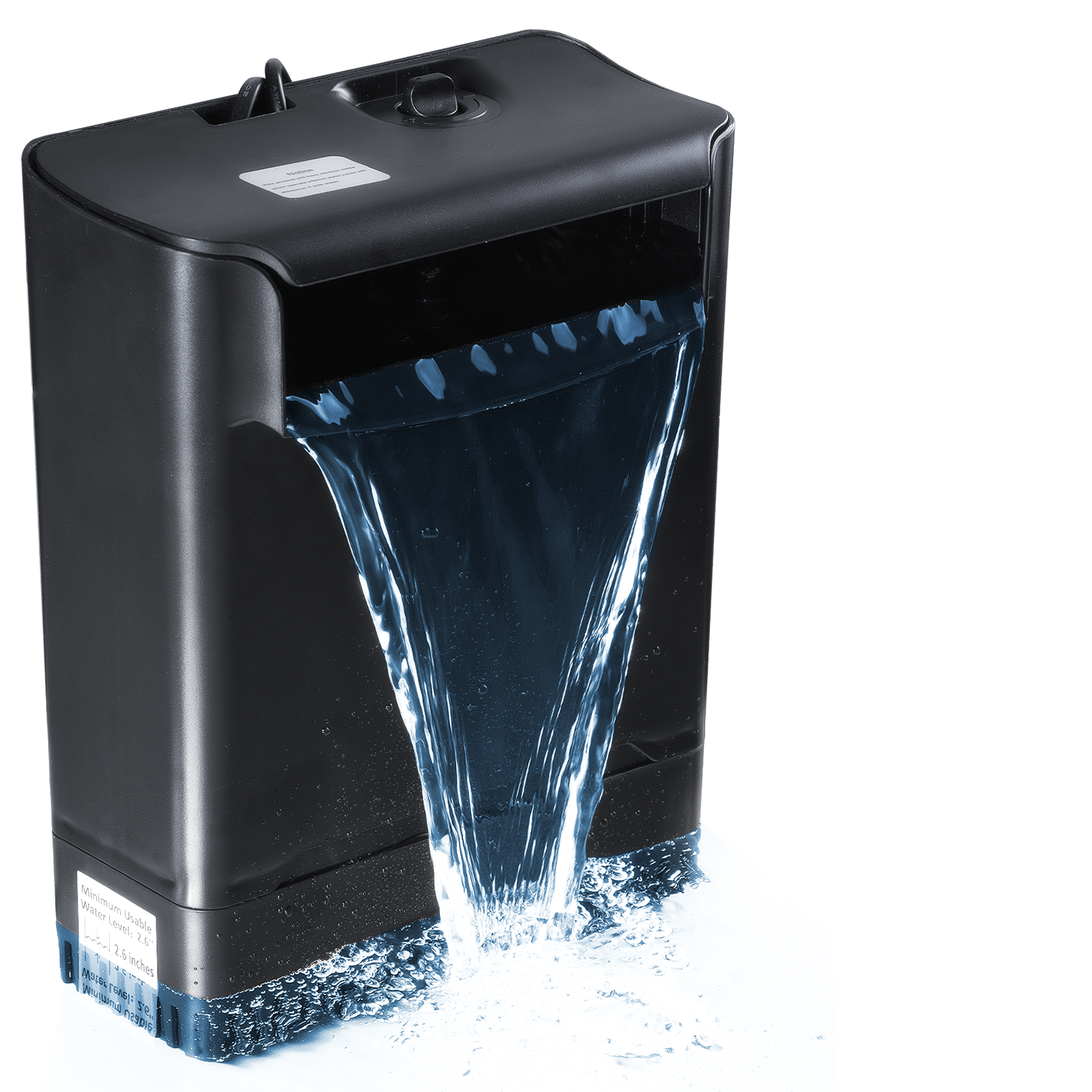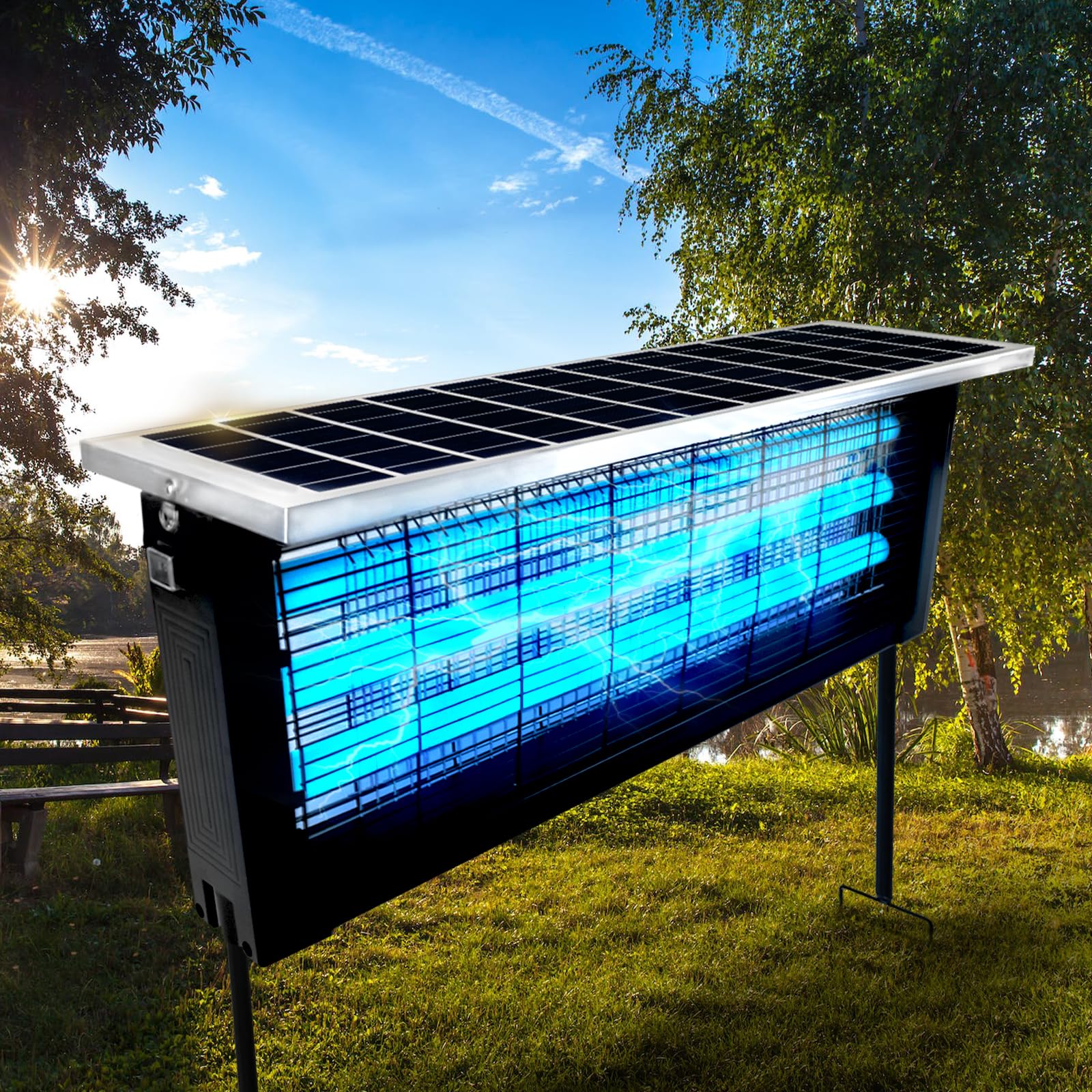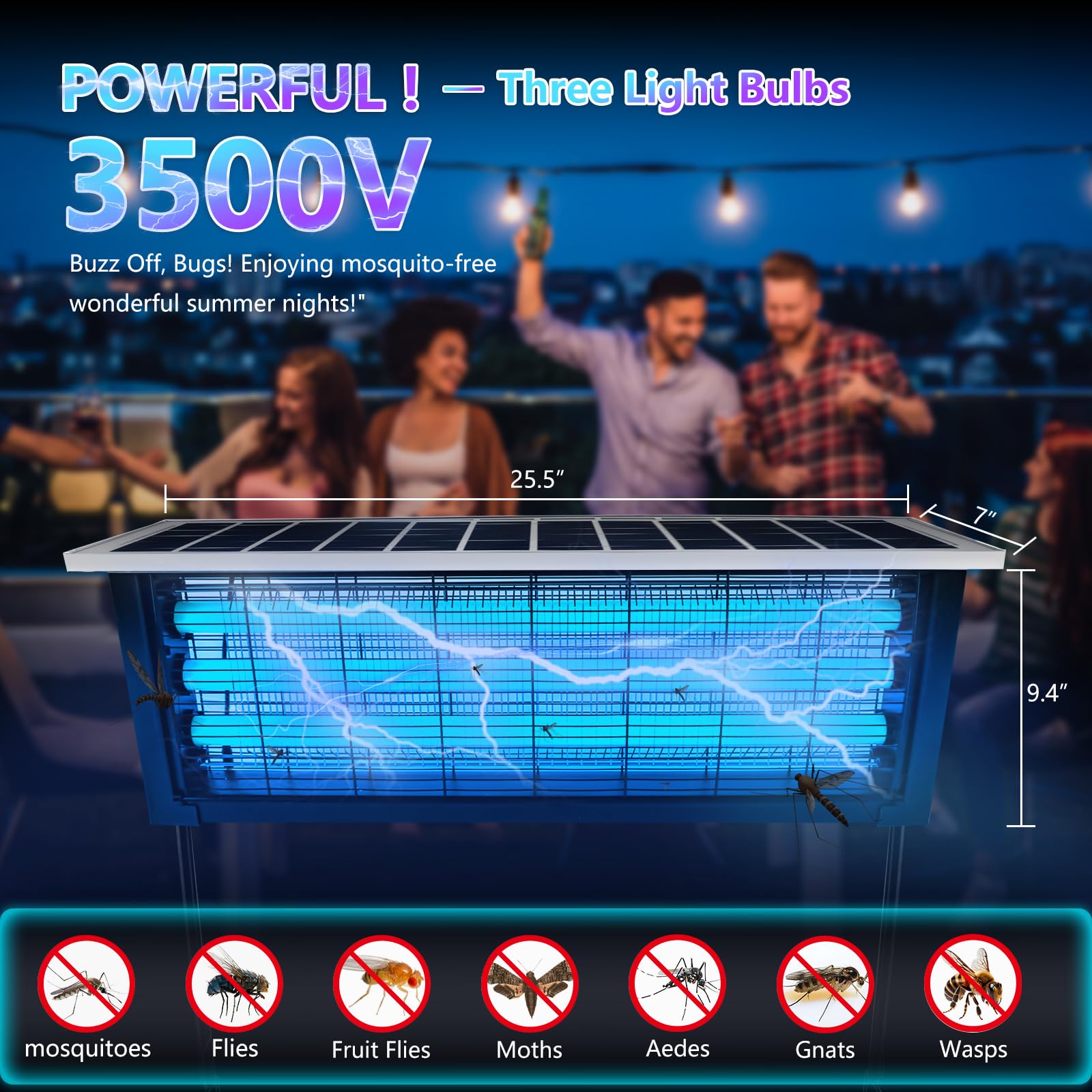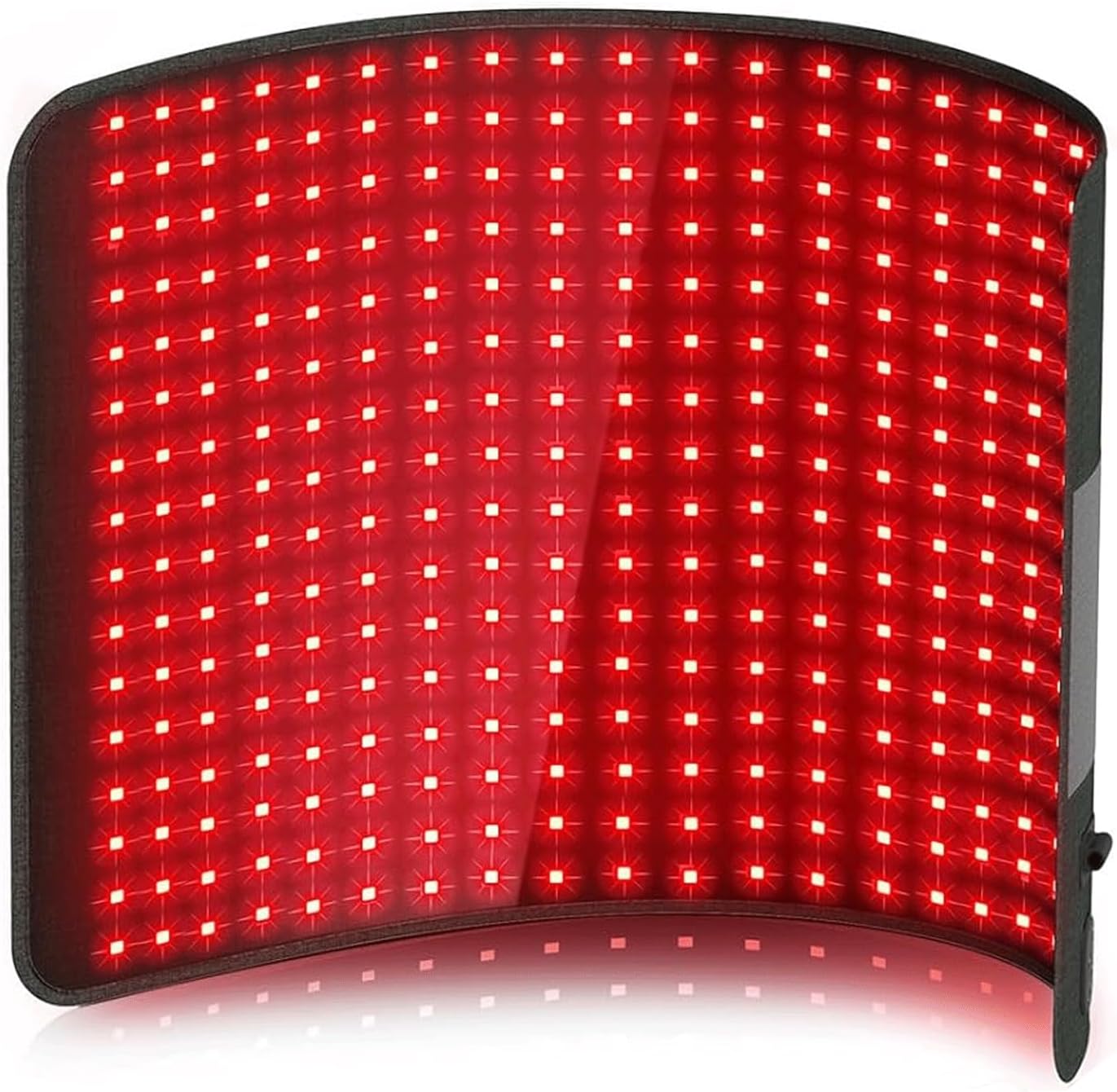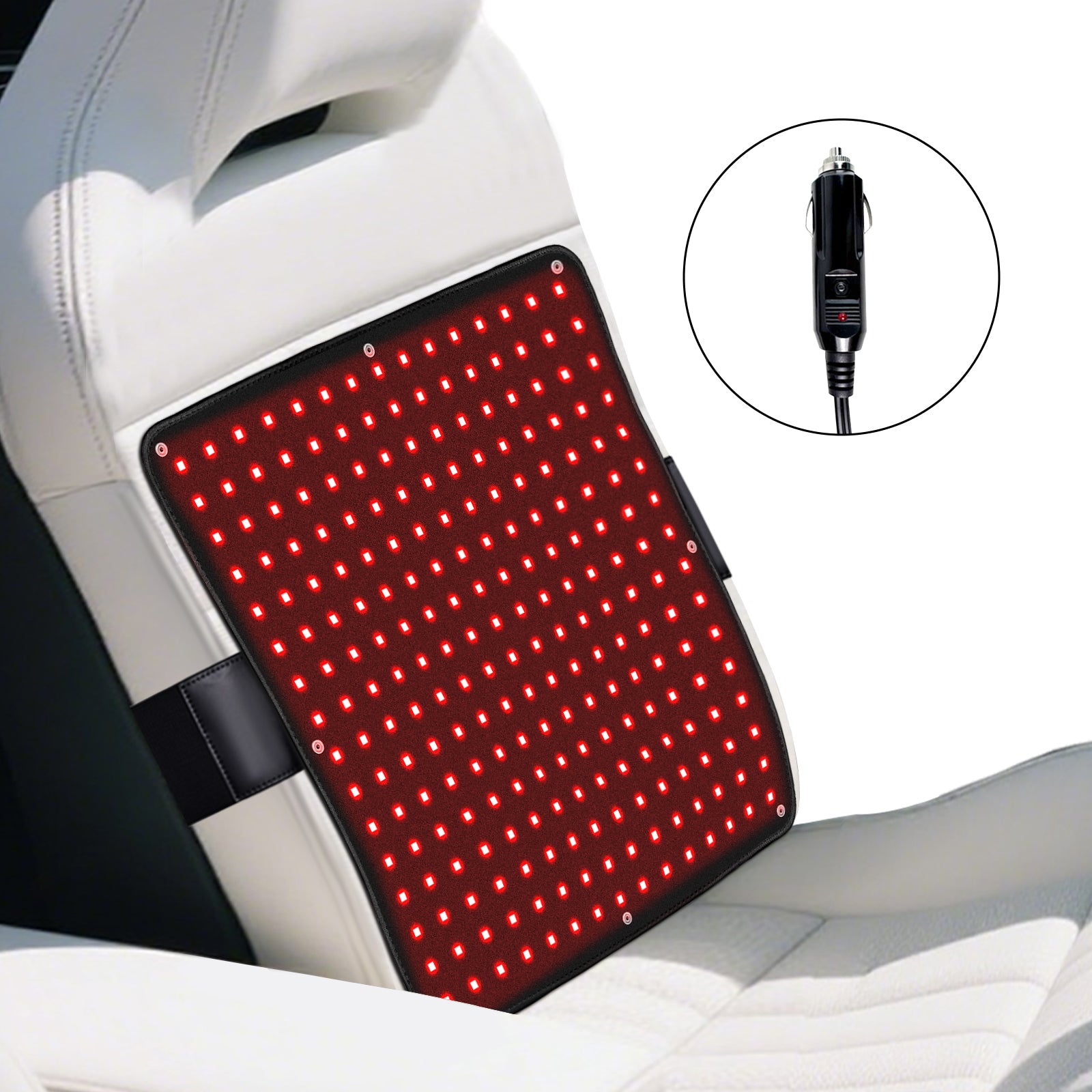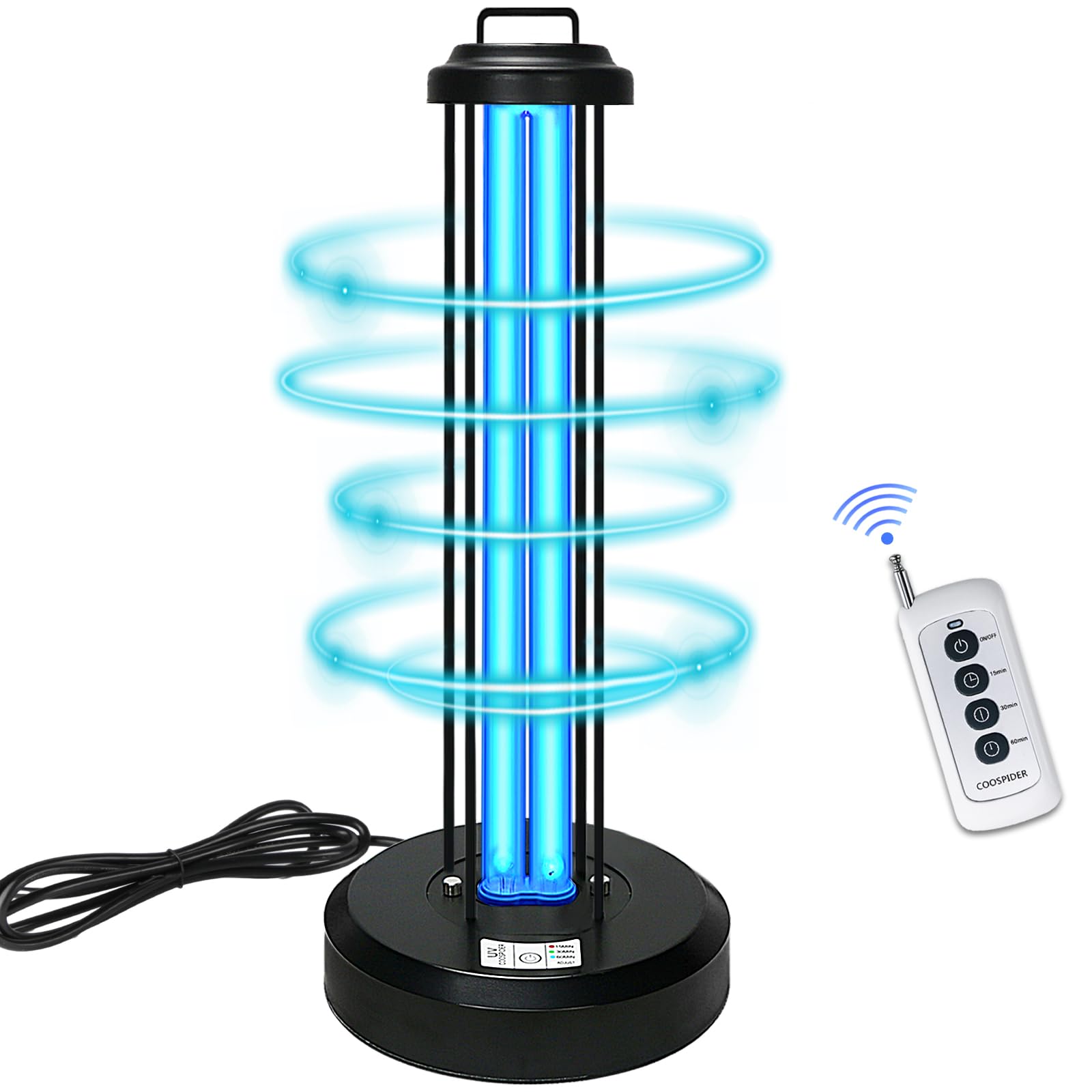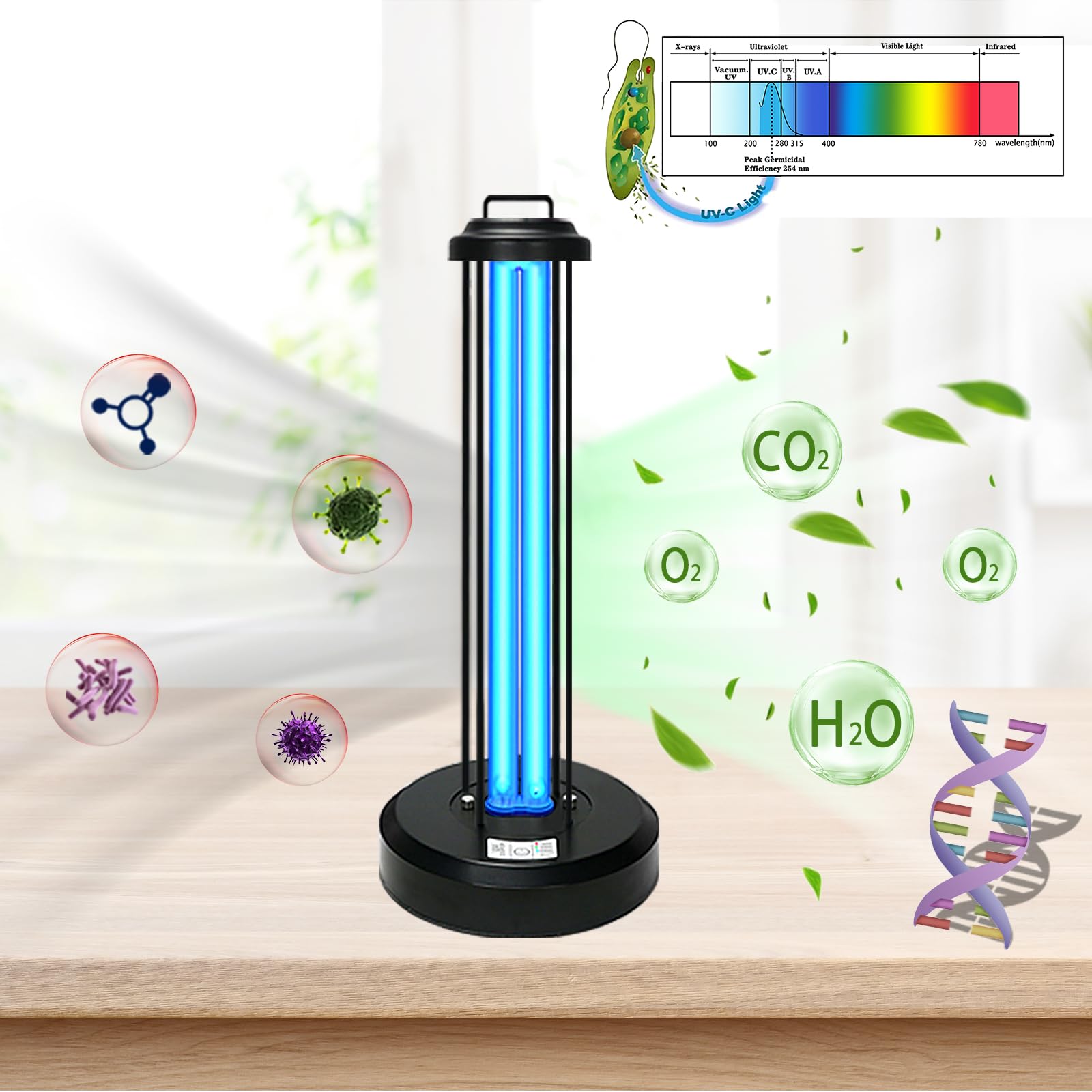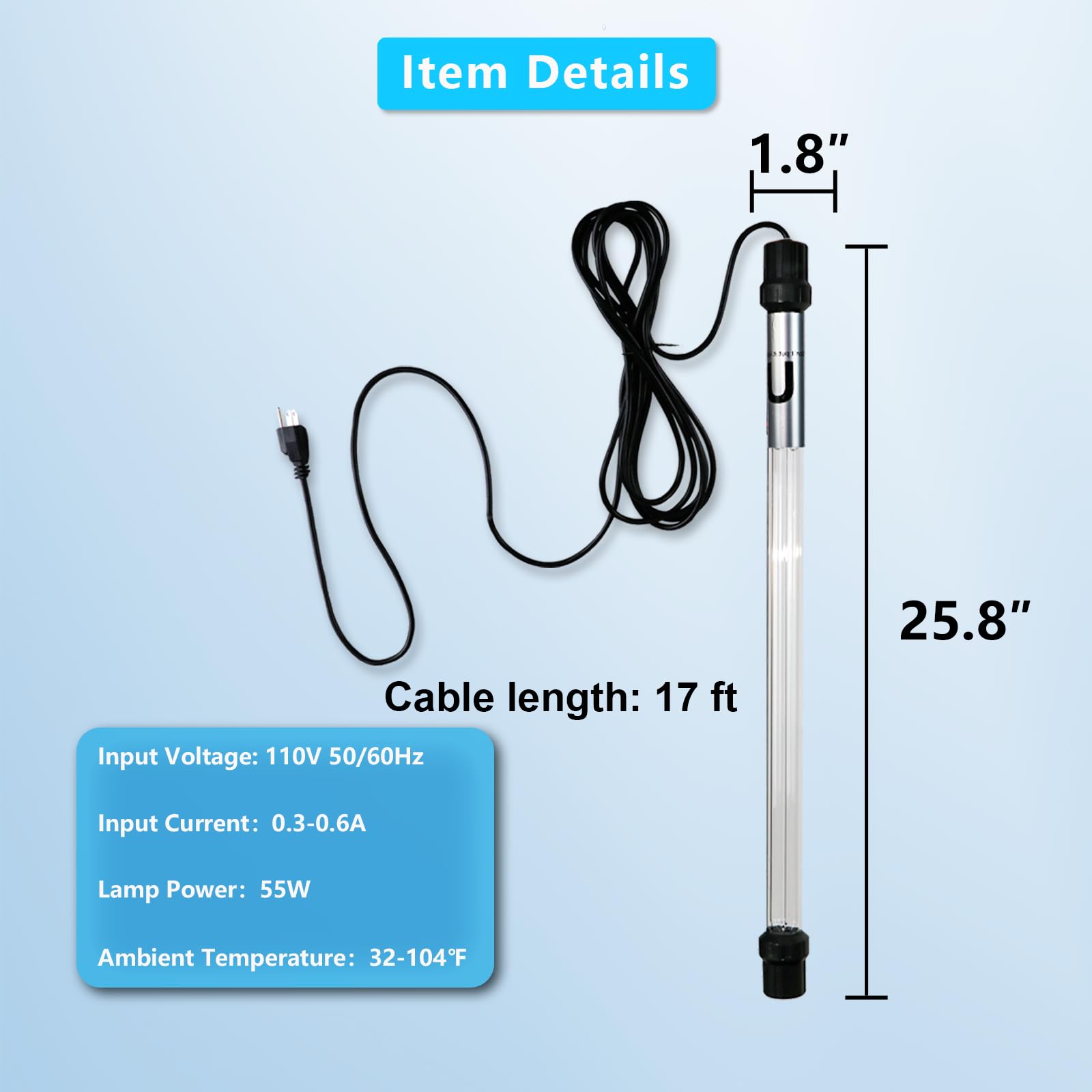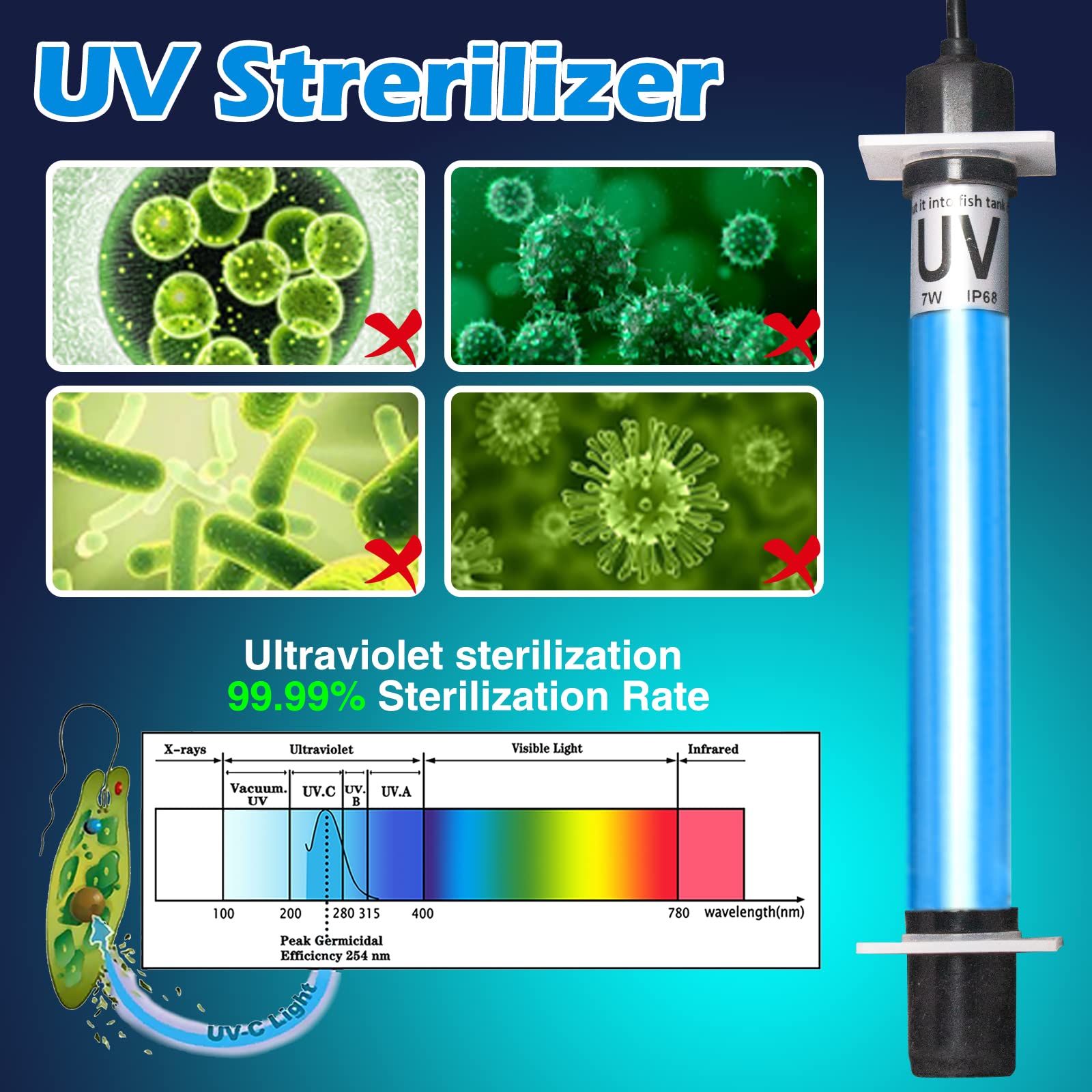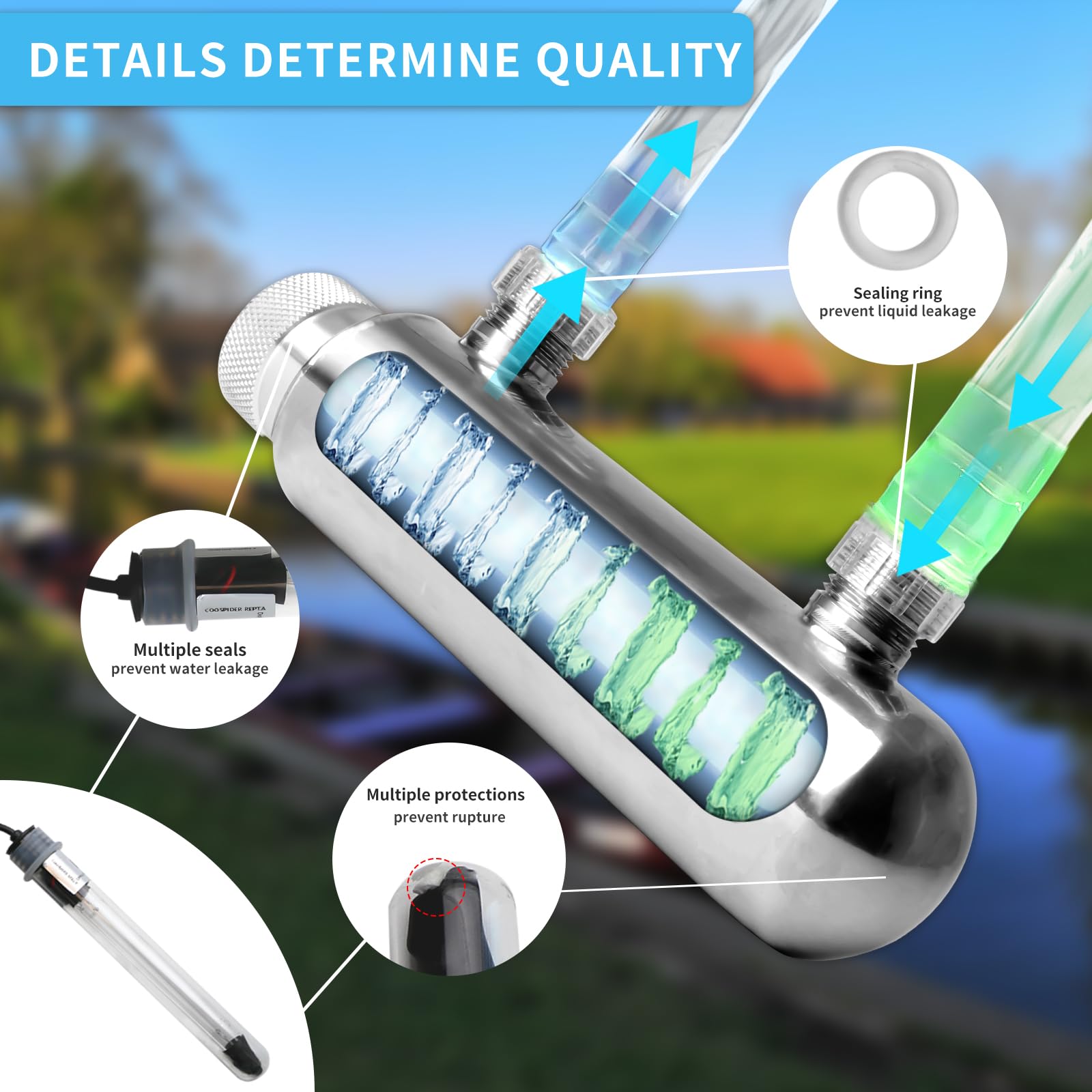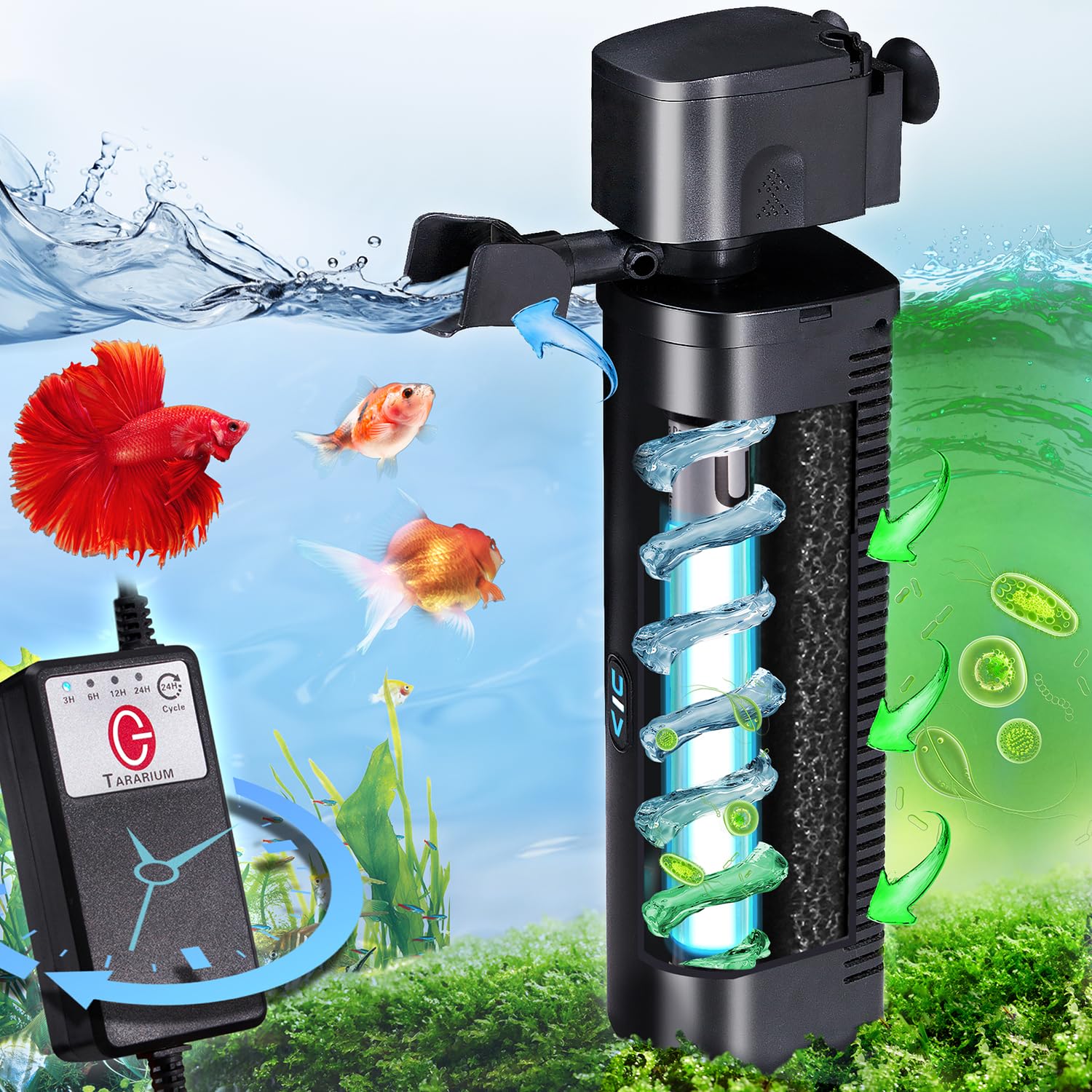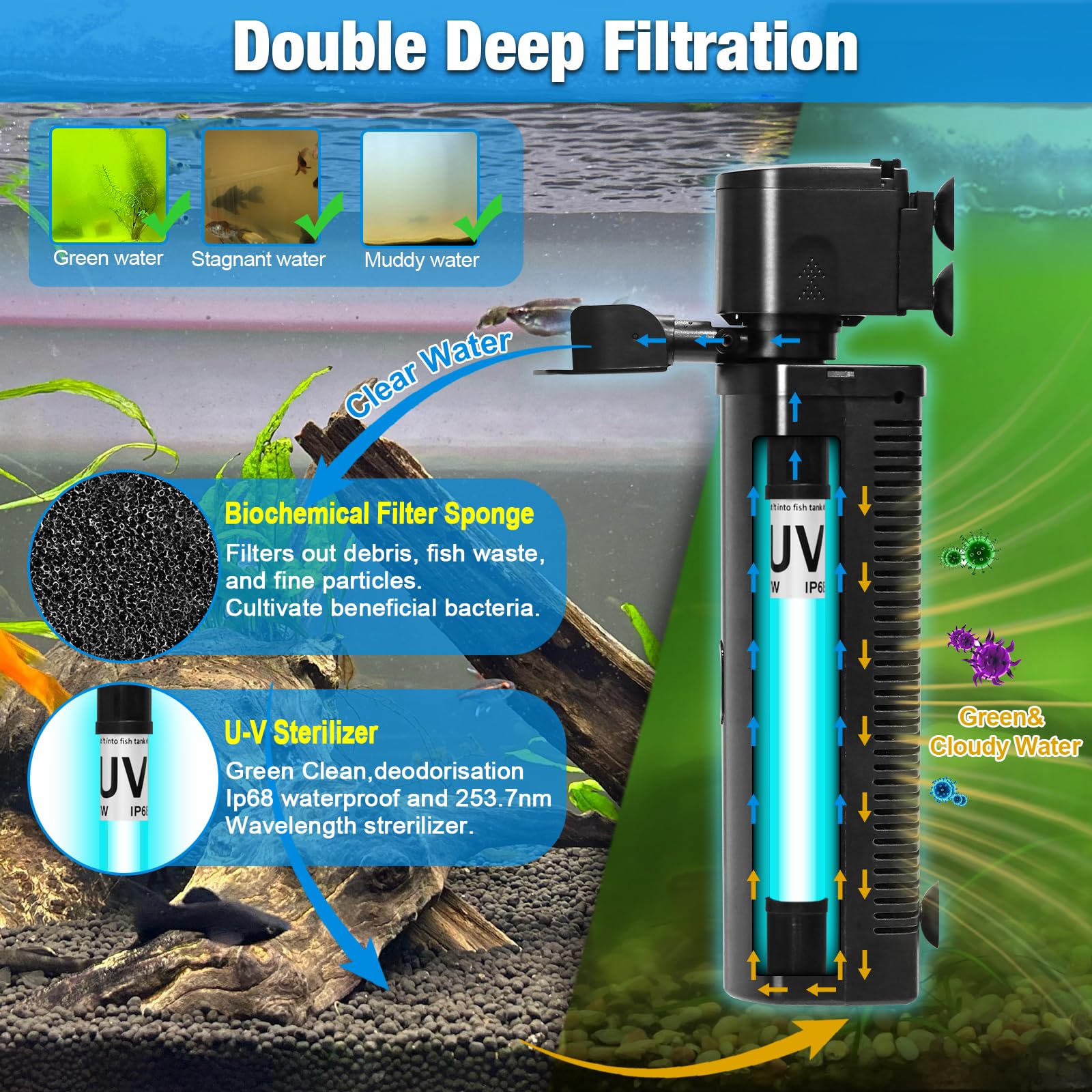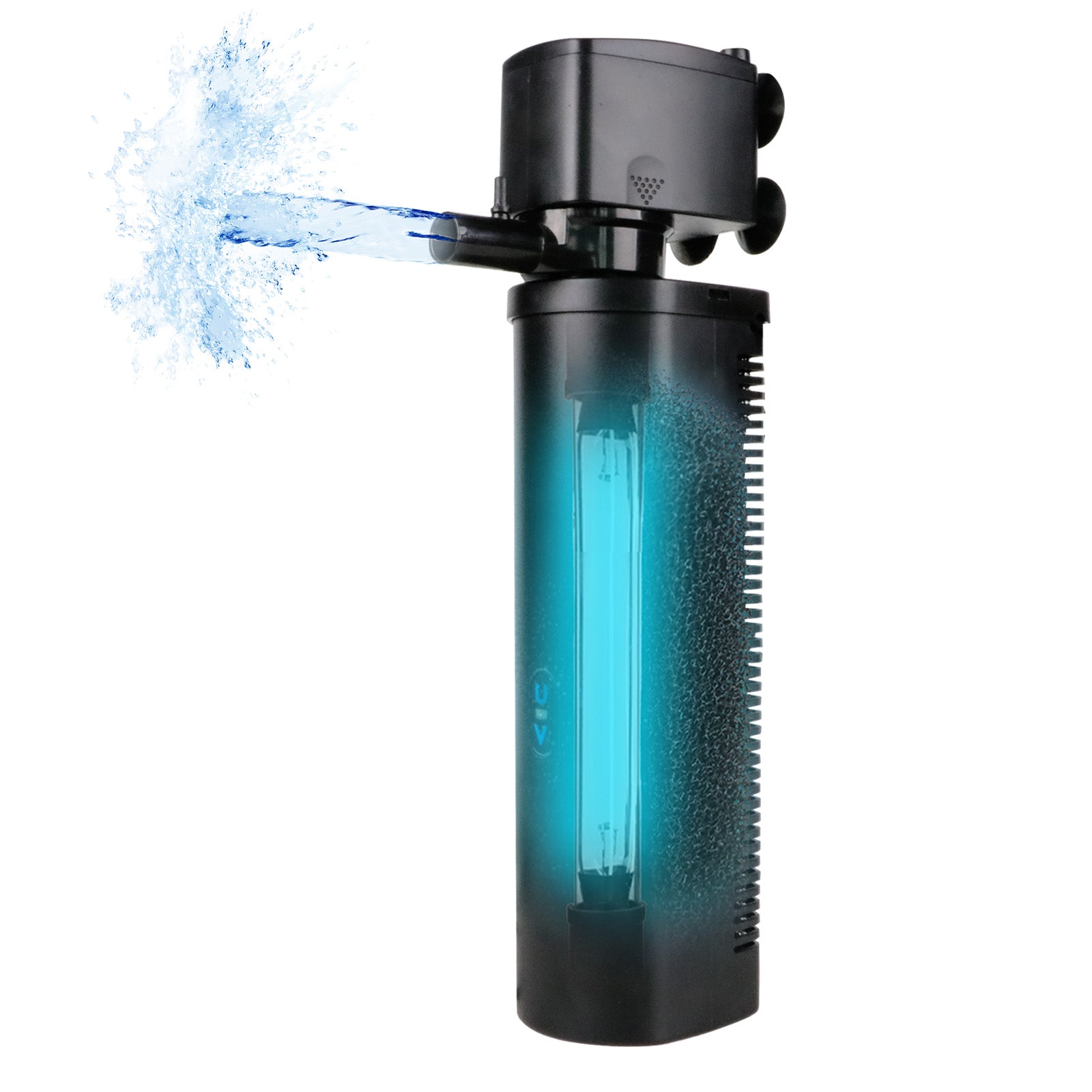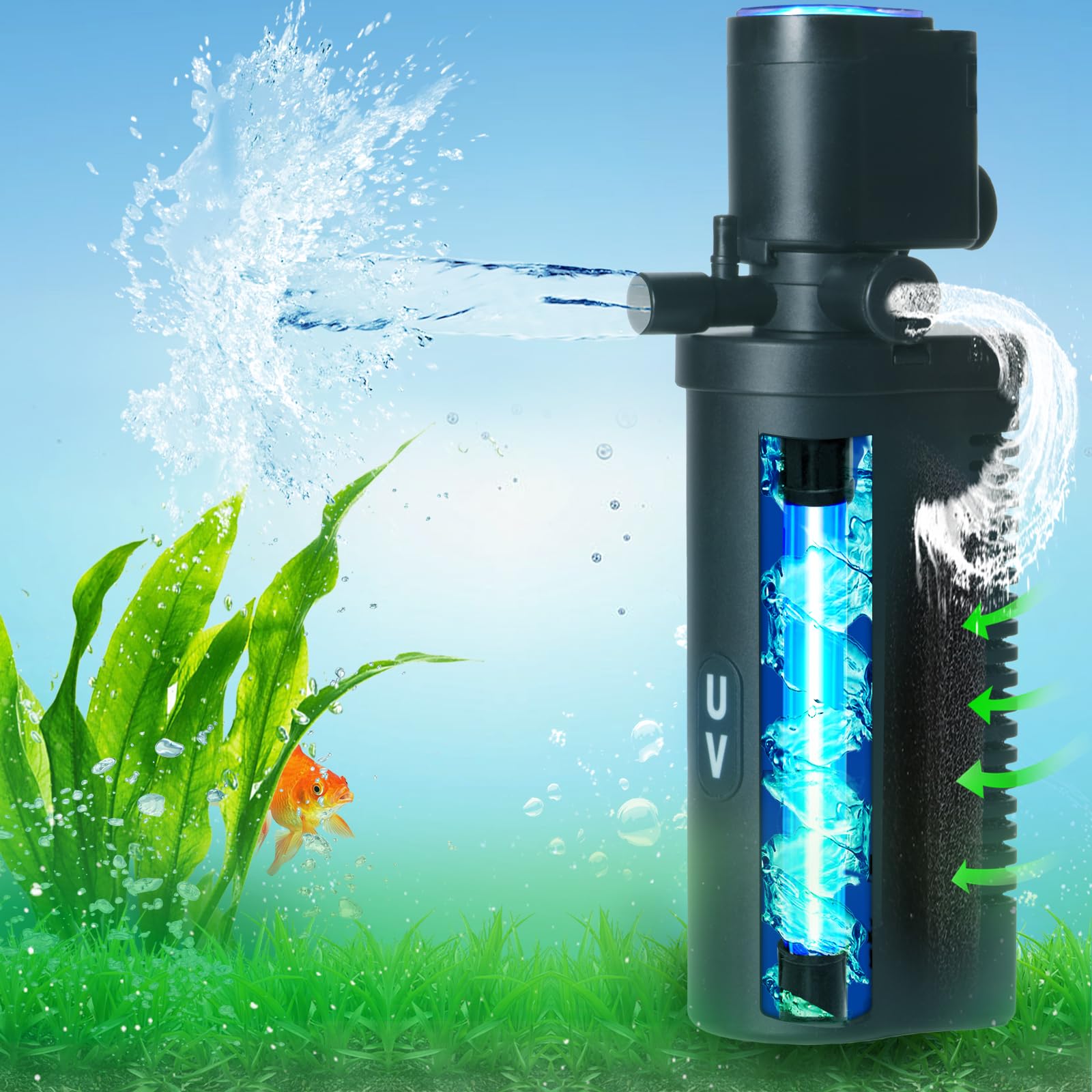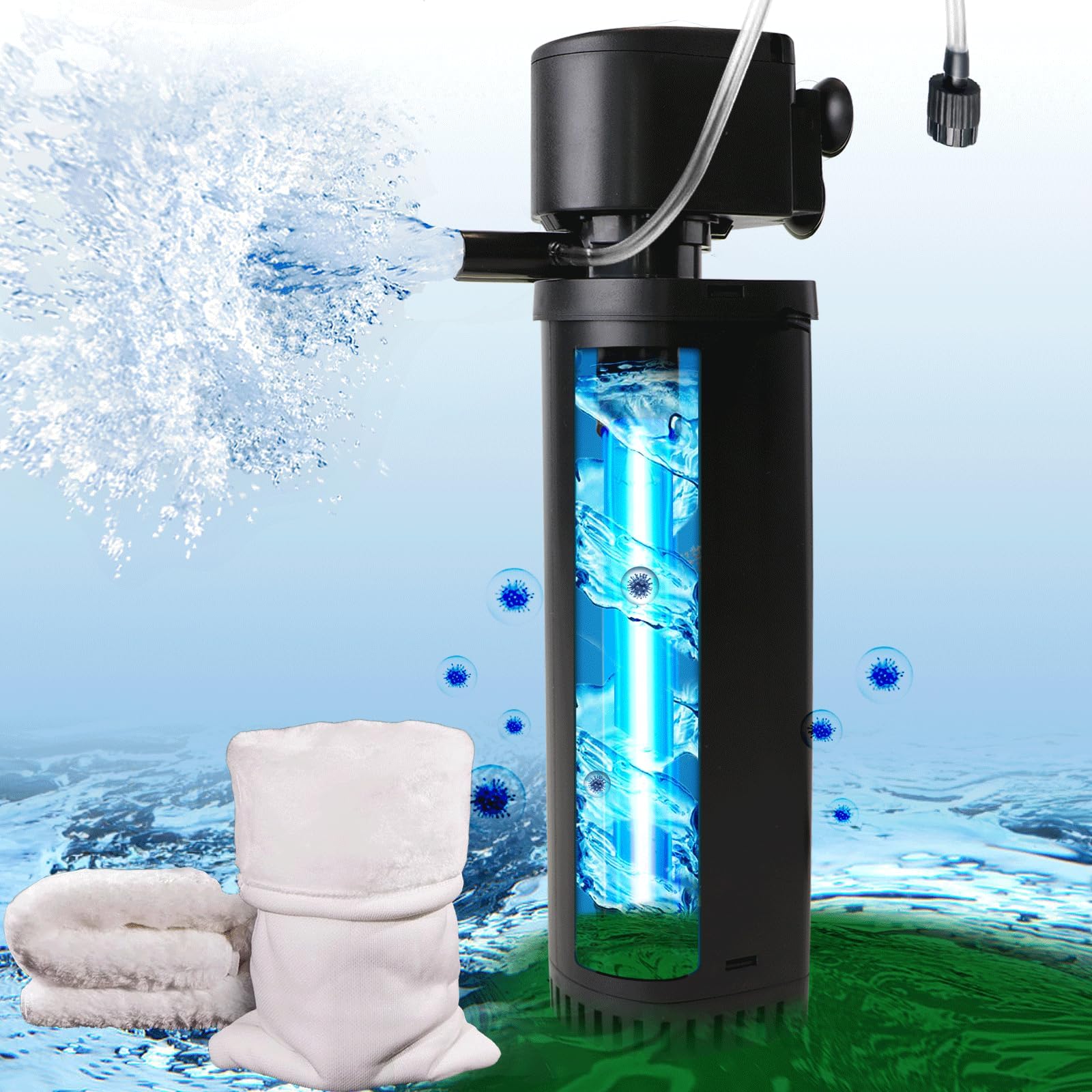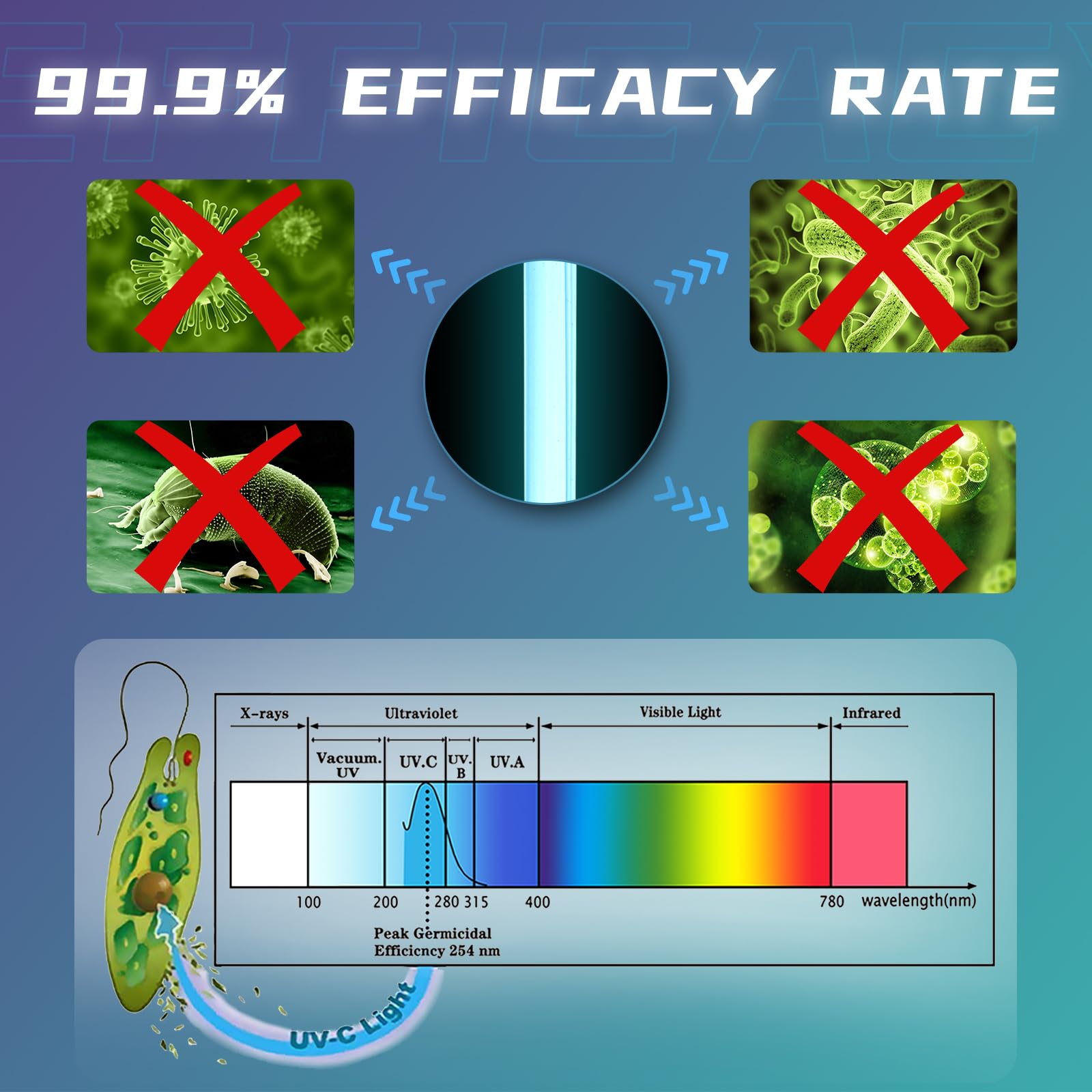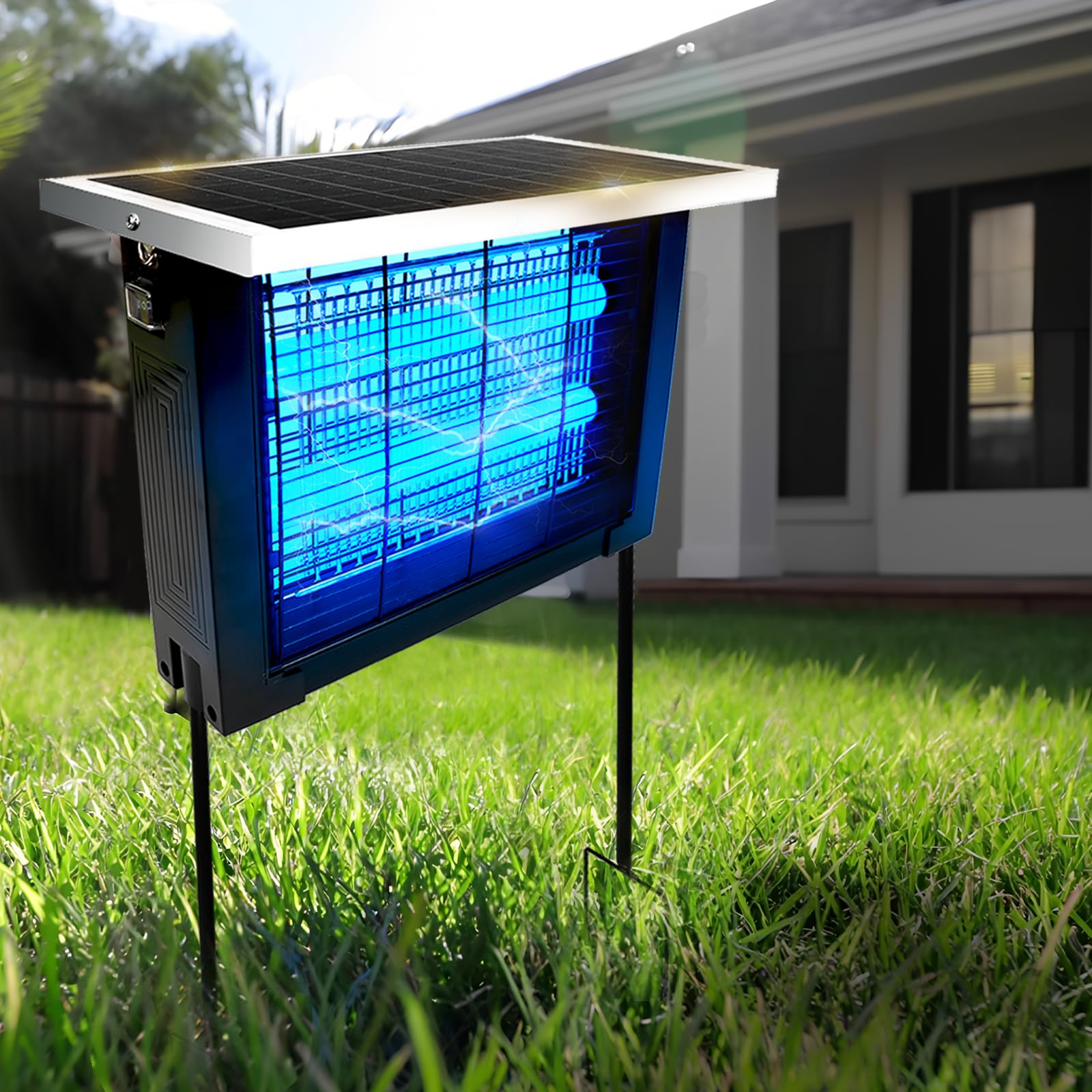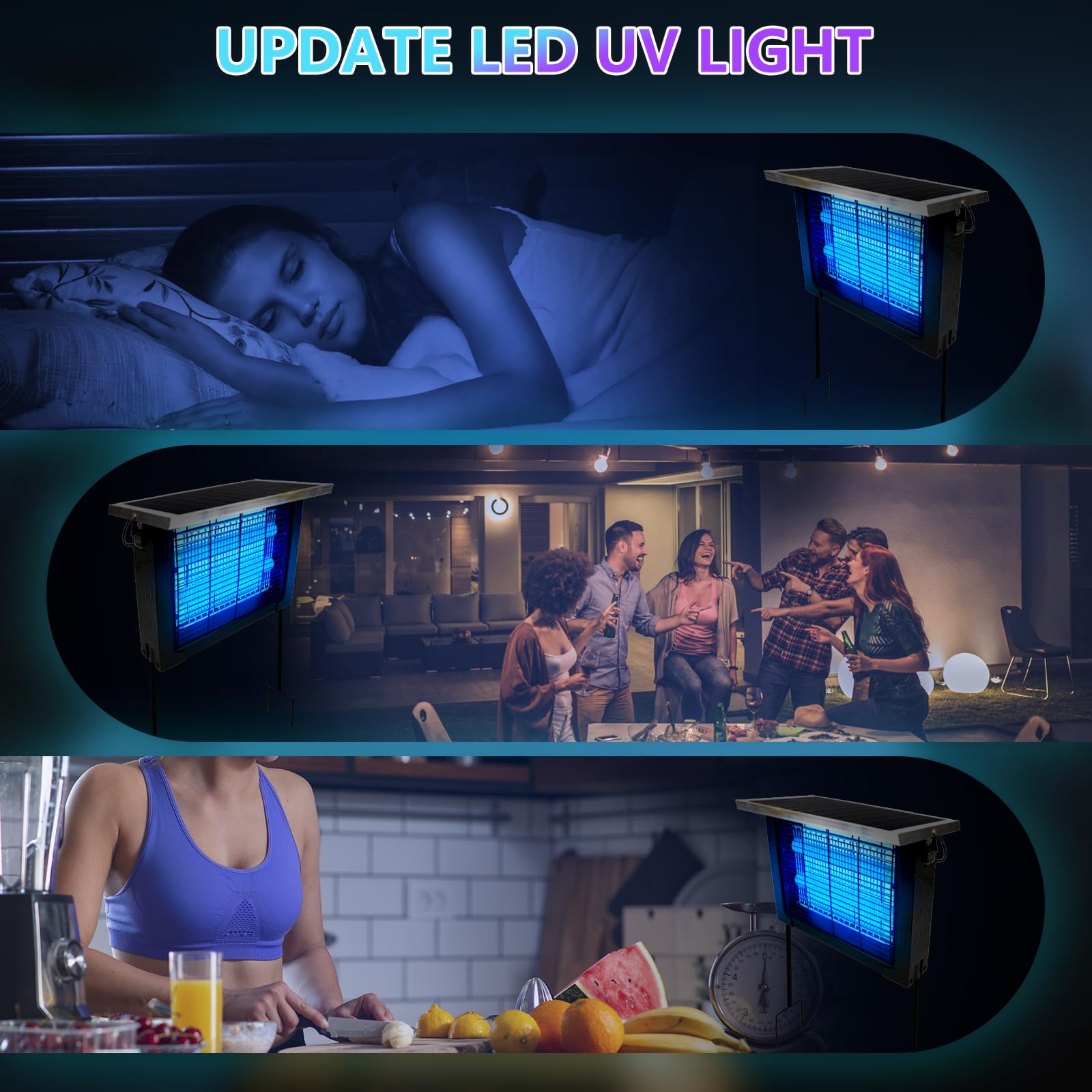1. Cellular Aging Mechanisms Targeted
1.1 Mitochondrial Optimization
-
850nm stimulation increasing ATP production by 62% in elderly patients (Mayo Clinic 2024)
-
Comparison with NAD+ supplements' efficacy
1.2 Inflammation Reduction
-
FIR's impact on IL-6 and TNF-α biomarkers
-
6-month osteoarthritis study showing CRP level normalization
2. Condition-Specific Benefits
2.1 Musculoskeletal Degeneration
-
Osteoporosis: 1550nm devices improving bone density scans
-
Sarcopenia: Muscle mass preservation clinical data
2.2 Neurological Protection
-
Dementia: NIR helmets slowing cognitive decline (Phase III trial results)
-
Parkinson's: Tremor reduction protocols
2.3 Cardiovascular Support
-
Hypertension: Endothelial nitric oxide enhancement
-
Peripheral Artery Disease: Blood flow measurement data
3. Comparative Advantages Over Traditional Treatments
3.1 Safety Profile
-
Zero drug interactions demonstrated in polypharmacy patients
-
FDA's 2024 clearance for pacemaker users
3.2 Cost-Effectiveness
-
Medicare Part B reimbursement cases
-
Home-use vs clinical treatment cost analysis
4. Practical Implementation Guides
4.1 Device Selection Matrix
-
Wavelength recommendations by condition
-
Senior-friendly interface designs
4.2 Treatment Protocols
-
Arthritis: 20-minute daily sessions at 1070nm
-
Cognitive support: Transcranial 810nm schedules
5. Emerging Research Frontiers
-
Telomere length preservation studies
-
Combination therapies with senolytics
Conclusion: The Silver Tech Revolution
With 83% of senior users reporting improved quality of life in 2025 surveys, infrared therapy represents a paradigm shift in preventative geriatrics that synergizes with conventional medicine.


